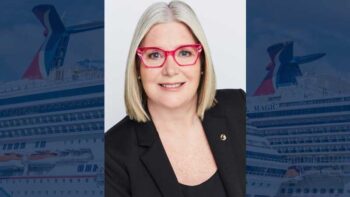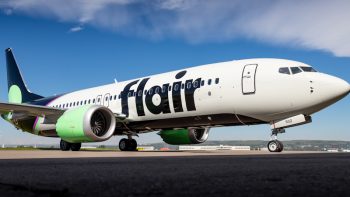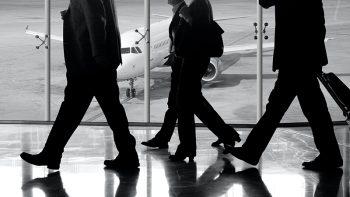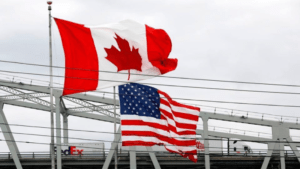
As U.S. President Donald Trump’s tariff talk turns up the heat, Canadians have been increasingly avoiding trips to the States.
At least one major cruise company says they haven’t seen a drop, but some Canadian travel advisors say the “boycott travel to U.S.” pinch is being felt in the cruise business.
Flemming Friisdahl, founder and president at TTAND, told Open Jaw that cruise lines report business from Canada in February is down 10% or even 20%. That compares to an increase of 5 to 15% in bookings for U.S. point of sale.
“There's no question that people who want to cruise and have to go through the U.S. to do so is affecting the cruise lines. Some agents are even seeing negative posts from their customers if they put anything about going on a cruise out of Miami, for example, or going to Alaska,” he said.
"Canadians are pissed," said Rocky Racco of TTI Travel, and traffic to the U.S. is down “substantially."
Asked if that applies to cruise bookings from U.S. ports, Racco replied, “Yeah, for sure.”
As with air travel, cruise trips are often booked, and paid for, well in advance. Canadian customers who feel they don’t want to visit the U.S. right now might be going anyway to avoid penalties or cancellation fees, and travel experts say it may be another month or more until we see a real drop in Canadian cruise trips out of U.S. ports.
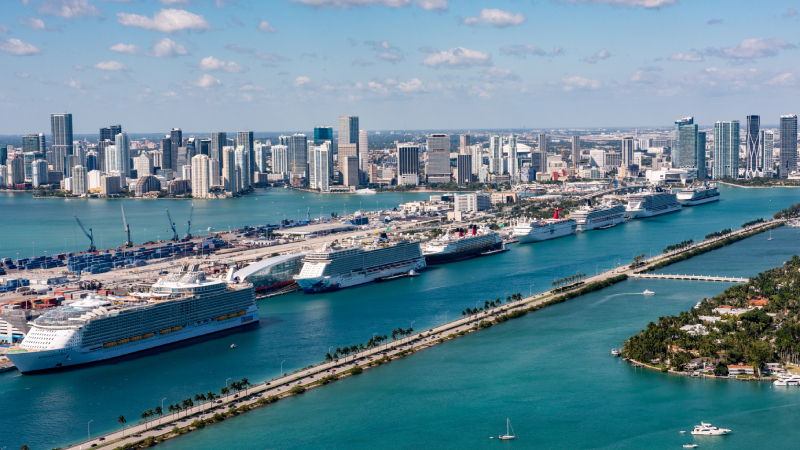
Pat Probert of the Bob Family Travel Team at TravelOnly, told Open Jaw he’s seeing a slight shift in the cruise business.
“Clients are asking about more options in Europe, Australia/New Zealand and South America.”
Probert said bookings for hotel vacations in Florida have been cancelled and clients are looking to travel in Canada. In addition, some American clients have asked for pricing on trips to Canada.
Ian Patterson, Country Manager for MSC Cruises Canada, said MSC bookings out of Canada are actually up quite a bit.
“The first quarter of 2024 was spectacular, and we’re way ahead of that for the first quarter of this year,” he said in a telephone interview.
Patterson noted that MSC operates out of some U.S. ports but it is a European company, which plays a role. He also said Canadians pay in CAD, so they don’t get a “low loonie” exchange rate shock when booking.
Travel experts say some of the drop in Canadian travel to the States is due to a Canadian dollar that’s been hovering around 70 cents against the U.S. greenback.
Rob Pittelli from TravelOnly said he has Canadian clients heading south and American clients travelling to Canada.
“My take on this political situation is to not allow it to prevent you from travelling or cruising,” he said. “There has been political unrest before and there will be again.”
Friisdahl said travel advisors might have to adjust their sales pitches given the current tension between Canada and the U.S.
“The world is big place, and our focus now must be in promoting other destinations that are more cost effective and are probably on many people's bucket lists. With the Canadian dollar being weak in the U.S., it is a big driver for going elsewhere where the Canadian dollar is stronger.”
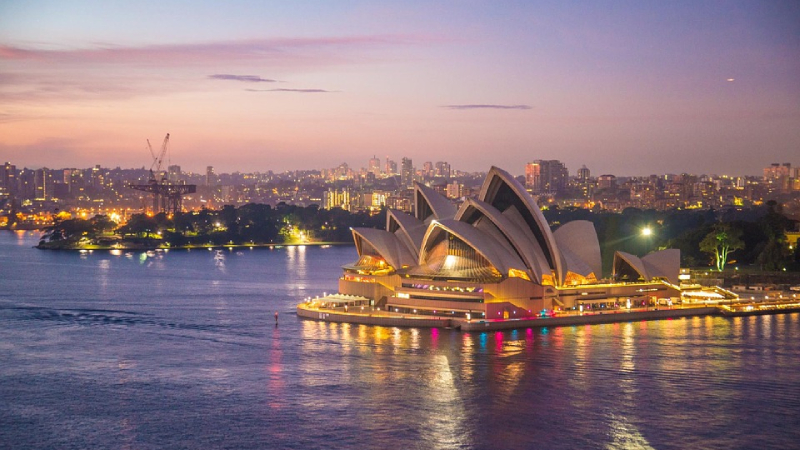
As of 12MAR, a Canadian loonie nets a visitor $1.10 in Australian dollars and a solid $1.21 in New Zealand dollars. Agents say Canadians also are looking at less expensive destinations in Europe, including Portugal.
“The cruise business continues to be a strong segment of our product mix because, luckily, you can get on a cruise ship in many places around the world,” Friisdahl added.
Brenda Slater from Beyond the Beach, co-founder of the Association of Canadian Independent Travel Advisors, said she’s not sure how much the tariff wars will impact Canadian cruising numbers.
“Although the recent ‘Buy Canadian’ movement has put some people off from travelling out of the USA, for those who love to cruise, they will continue on as per usual,” she said.
Slater said Canadians are anlso exploring further afield than they did have pre-Covid.
“Cruises to places like Japan, Arctic, Antarctic, Galapagos have all had more interest,” she said. Super yachts and river cruising are also big right now.


